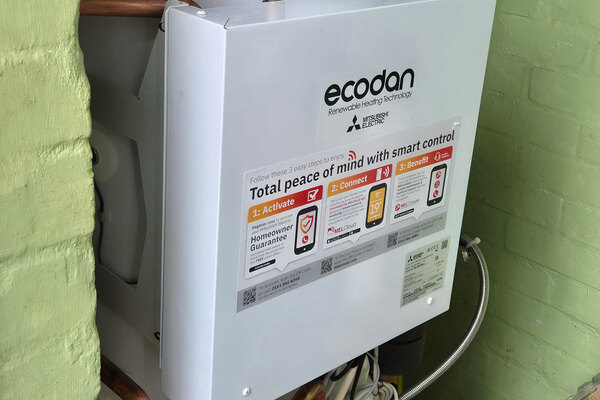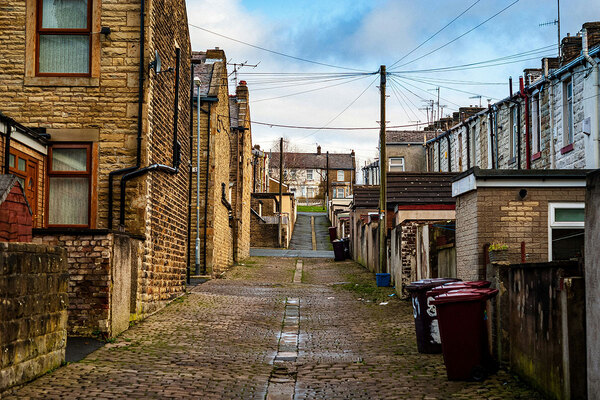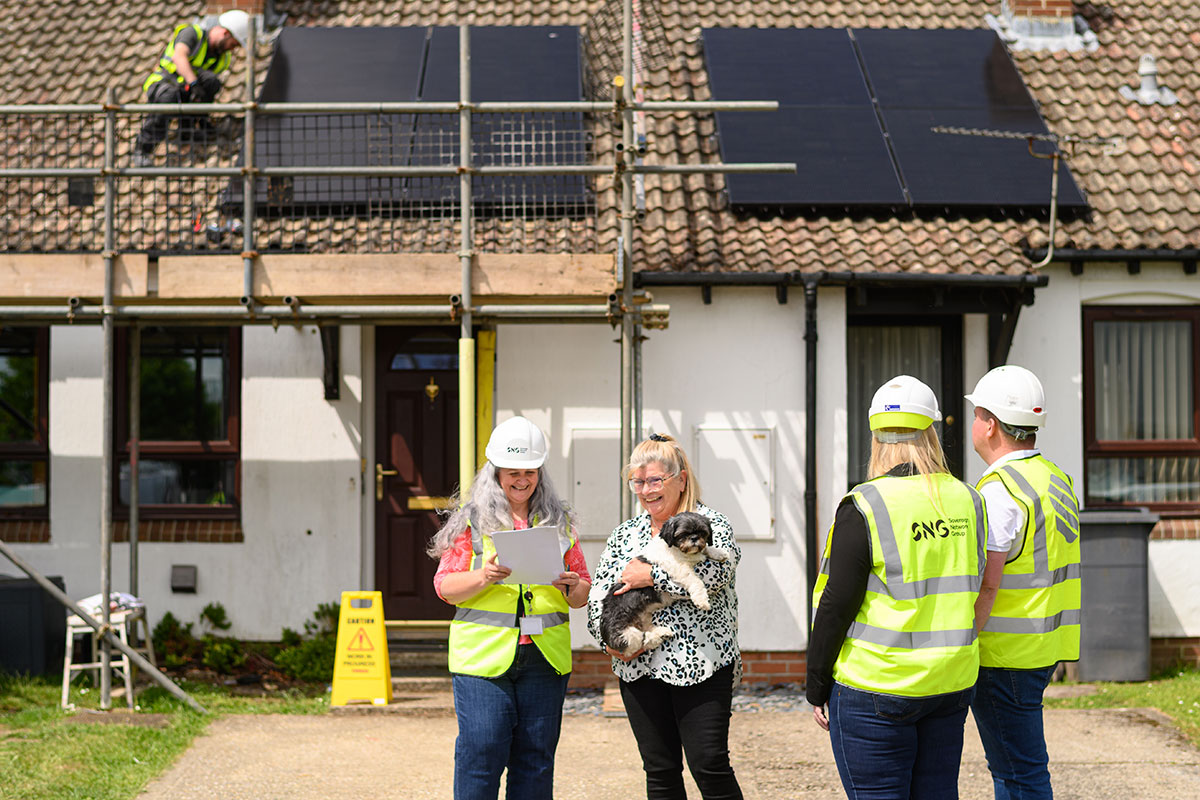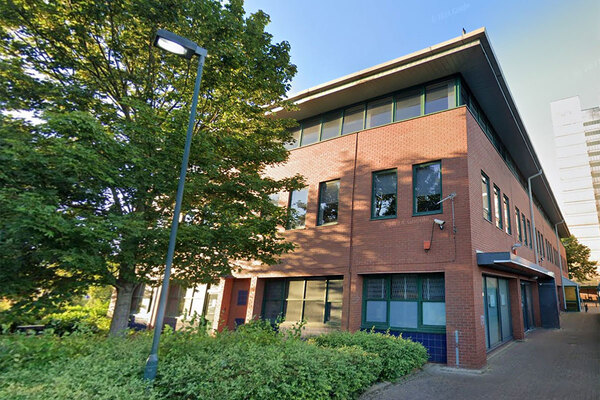You are viewing 1 of your 1 free articles
Northern landlords call for £7.5bn retrofit plan that could create 77,000 green jobs
Social landlords have called for £7.5bn in government funding to retrofit the North of England in a proposal they believe could create 77,000 green jobs.
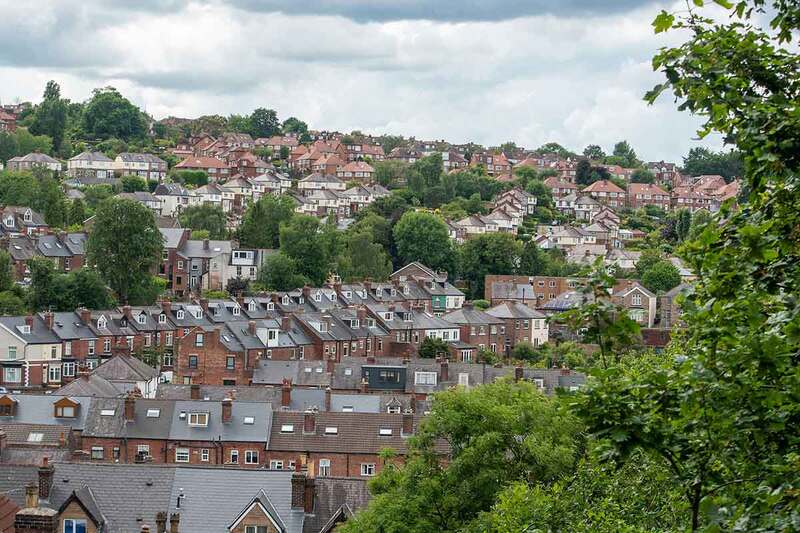
The Northern Housing Consortium (NHC) said that to deliver retrofit “at the right scale” in the region, £500m per year is needed up to 2030 and £1bn per year up to 2035.
If this “long-term consistent” funding is put in place, the social housing sector could create up to 77,000 green jobs in the North.
Extra funding will give contractors and housing providers the “long-term certainty” to invest in energy-efficiency upgrades.
This funding should be devolved to mayoral combined authorities, the member body believes, so they can “take a lead” in delivering energy efficiency in their area.
In areas which do not have a devolution deal, ‘net zero hubs’ could take on this role in partnership with local authorities.
In addition, local partnerships could tackle skills gaps using devolved adult education funding.
Social landlords are “key partners”. This is because of their insight as “large construction and retrofit employers” as well as being “anchor institutions” that support residents into employment.
Finally, the NHC called for a new funding stream to replace homes that it is not financially viable to decarbonise. In the meantime, up to 30% of Affordable Homes Programme funding should be allowed to fund replacement homes to begin this process of regenerating areas.
The Labour government has pledged to invest an extra £6.6bn over the next parliament for energy-efficiency upgrades in five million homes.
Last week, energy security secretary Ed Miliband announced that he would consult plans for all rented homes, including social homes, to achieve an Energy Performance Certificate (EPC) rating of C by 2030.
In the North, 65% of social homes already achieve EPC C or above, compared with 35.2% in the private rented sector and 40.7% of owner-occupied homes.
The NHC estimated that the total cost of improving social homes in the North to EPC C is £2.4bn, while to fully decarbonise the North’s social housing stock would cost £53bn.
Much of this cost will come from housing providers, backed by government grants.
Tracy Harrison, chief executive of the NHC, said: “The social housing sector owns 1.3 million homes in the North. It is the only housing tenure that has the organisational scale to significantly boost the supply chain and create thousands of new jobs.”
She said that the ‘wave’ nature of government funding “prevents the supply chain from scaling up as they do not have confidence in long-term demand”. It also “makes it harder for housing providers to plan strategically”.
She continued: “Funding that is consistently available would smooth out demand for retrofit contractors, ease timescale pressures when delivering retrofit schemes, and support providers with a wider range of decarbonisation strategies.”
Last week, the government announced that the third wave of the Social Housing Decarbonisation Fund (SHDF), now rebranded as Warm Homes: Social Housing Fund, and a new local authority retrofit scheme will be opening for applications shortly.
In a change to the bidding process from earlier waves of the SHDF, all applications that meet the minimum requirements of the new scheme will be awarded funding. However, according to government guidance, “if the scheme is oversubscribed, this may not be the amount of funding requested”.
Data from the Department for Energy Security and Net Zero showed the SHDF has delivered more than 40,000 measures in approximately 21,000 homes. In Wave 1, 13,000 measures were installed in 7,000 homes across the North, representing 44% of the total number of homes that have seen measures installed.
In January, a report by property agency JLL found that the retrofit challenge in England is significantly harder for Northern landlords due to a “gulf” in house prices and costs.
The cost of retrofitting a home to EPC C, which is estimated to be £35,000 per property, represents greater outlay in lower value markets.
In 26 local authority areas, a bill of this size accounts for more than a fifth of the average house price. Eight of the top 10 most affected areas were in the North East or North West, including Burnley, Kingston upon Hull, Hyndburn and Blackpool.
Sign up for our asset management newsletter
Already have an account? Click here to manage your newsletters
